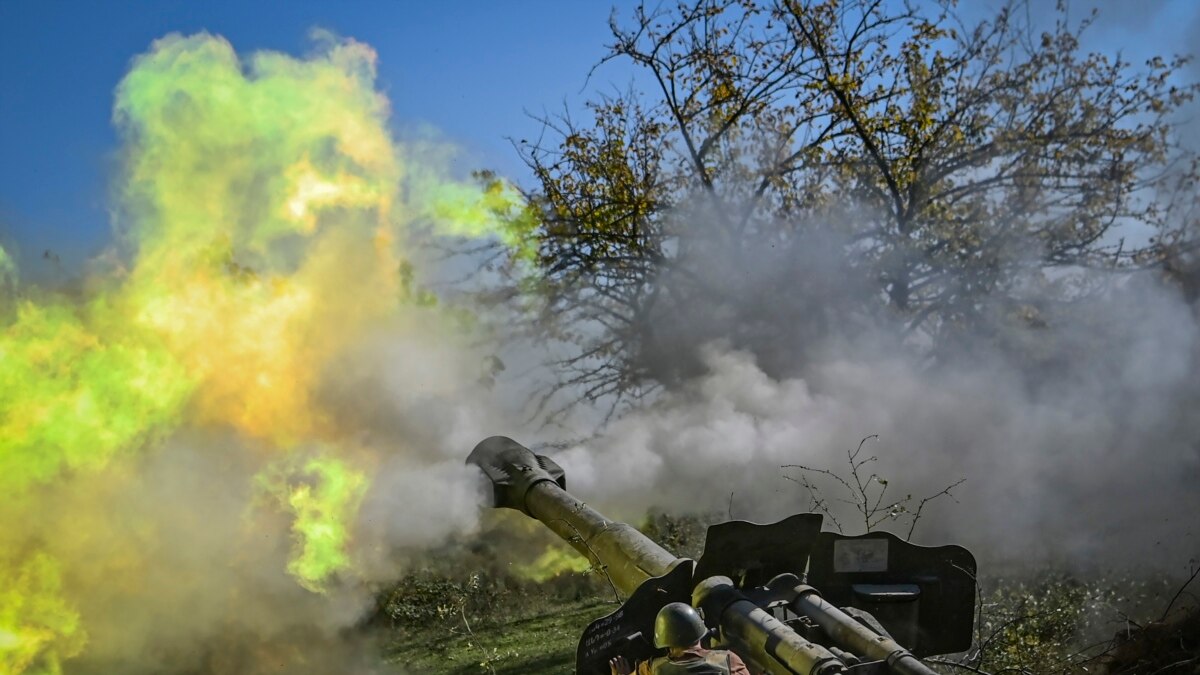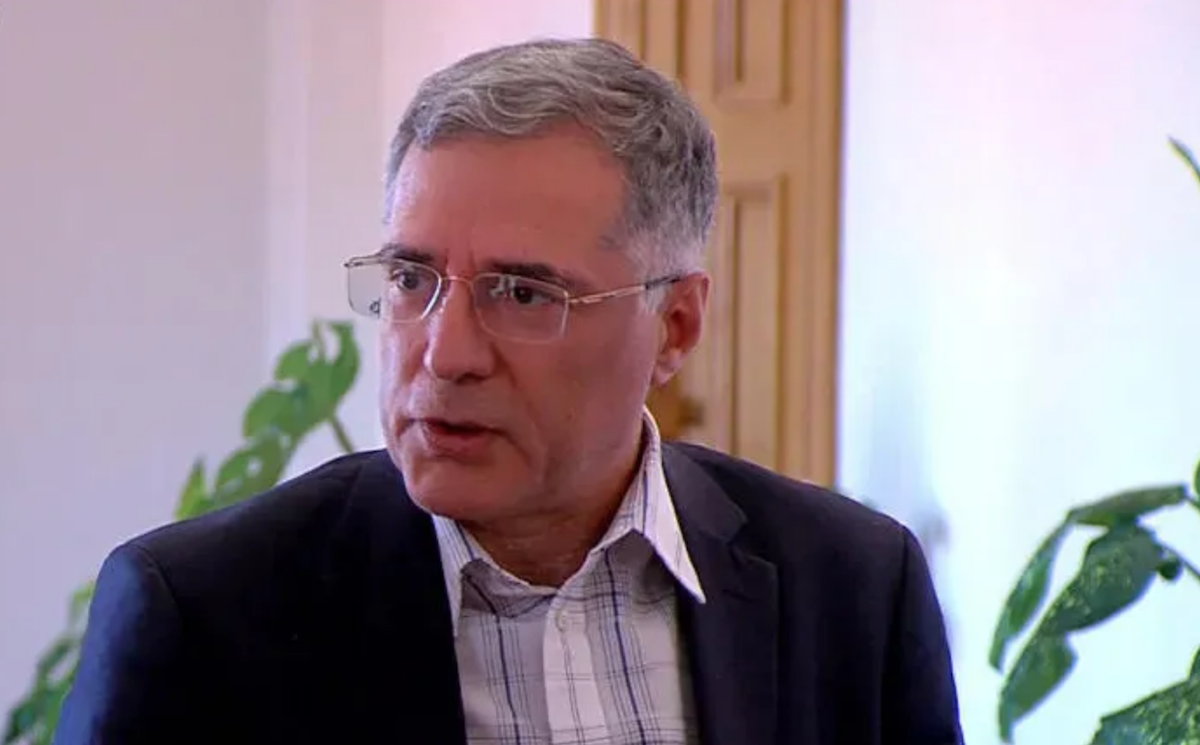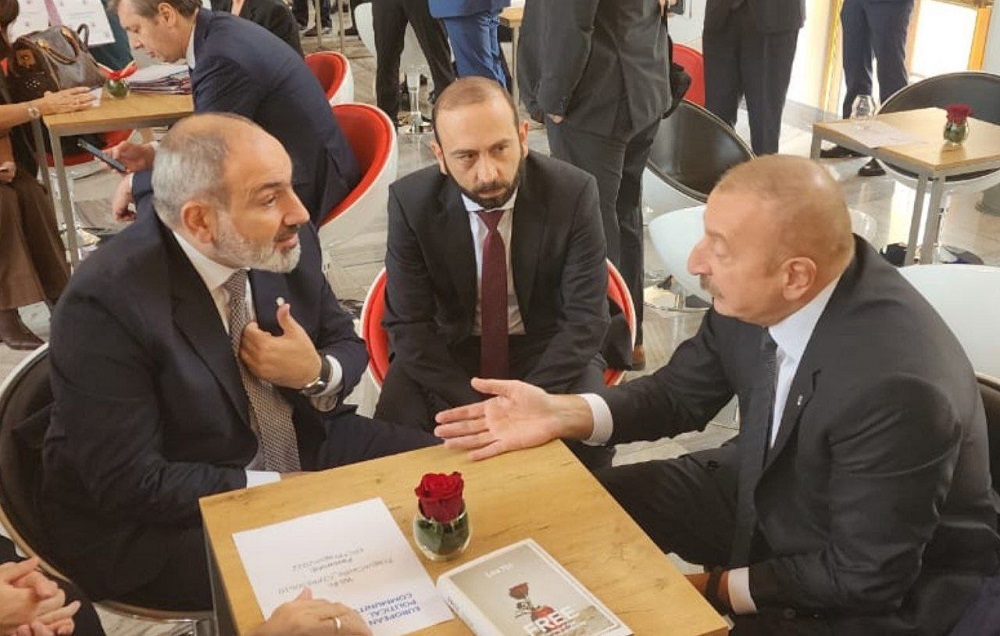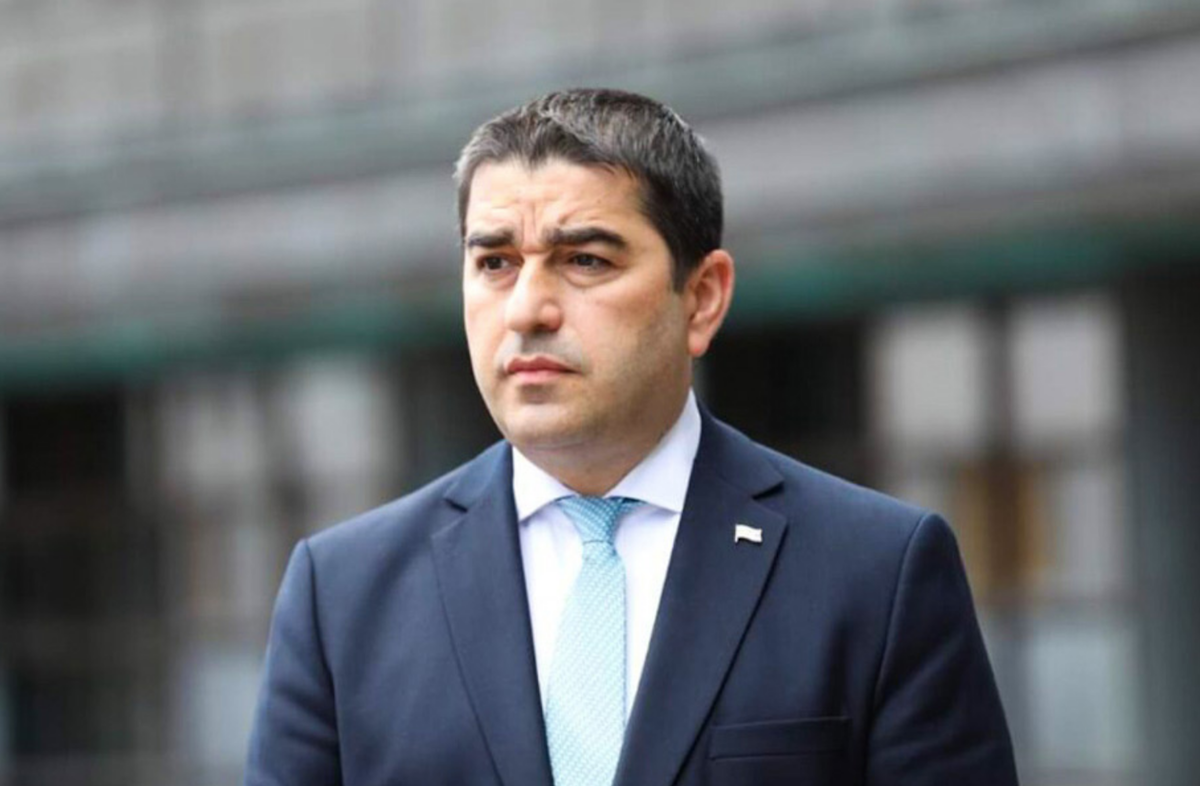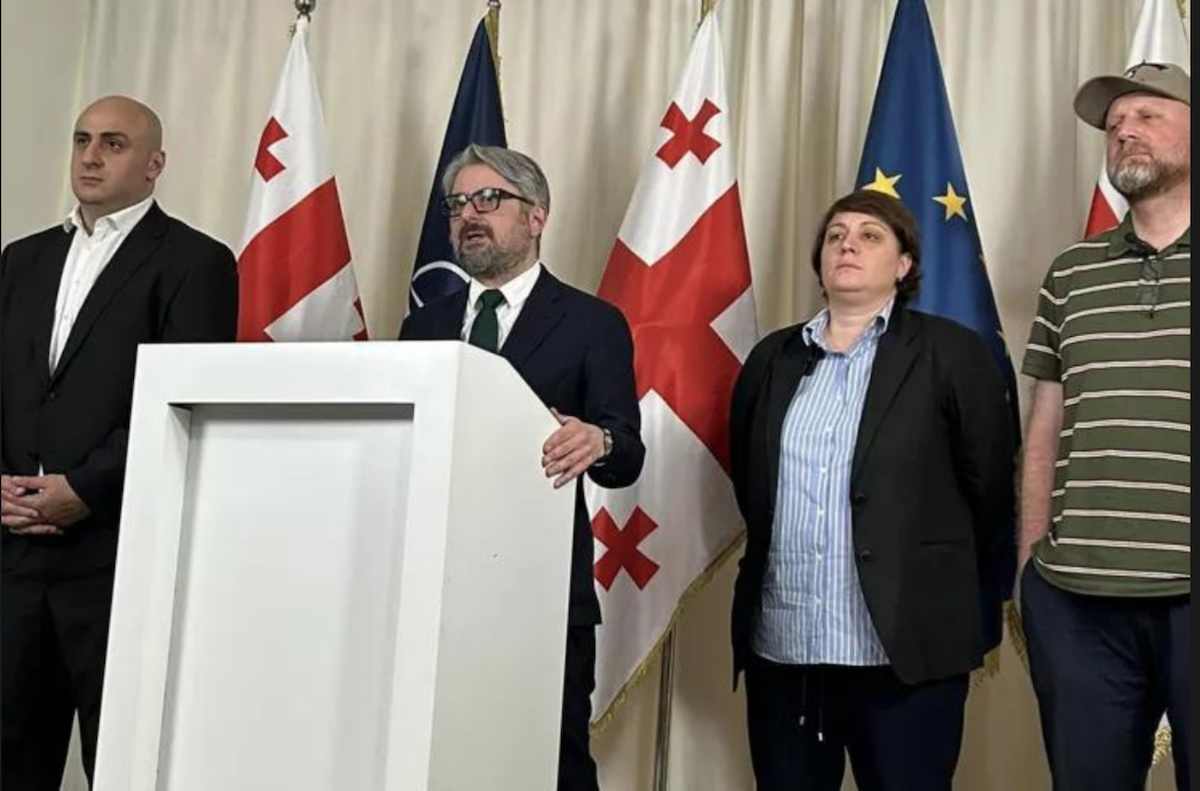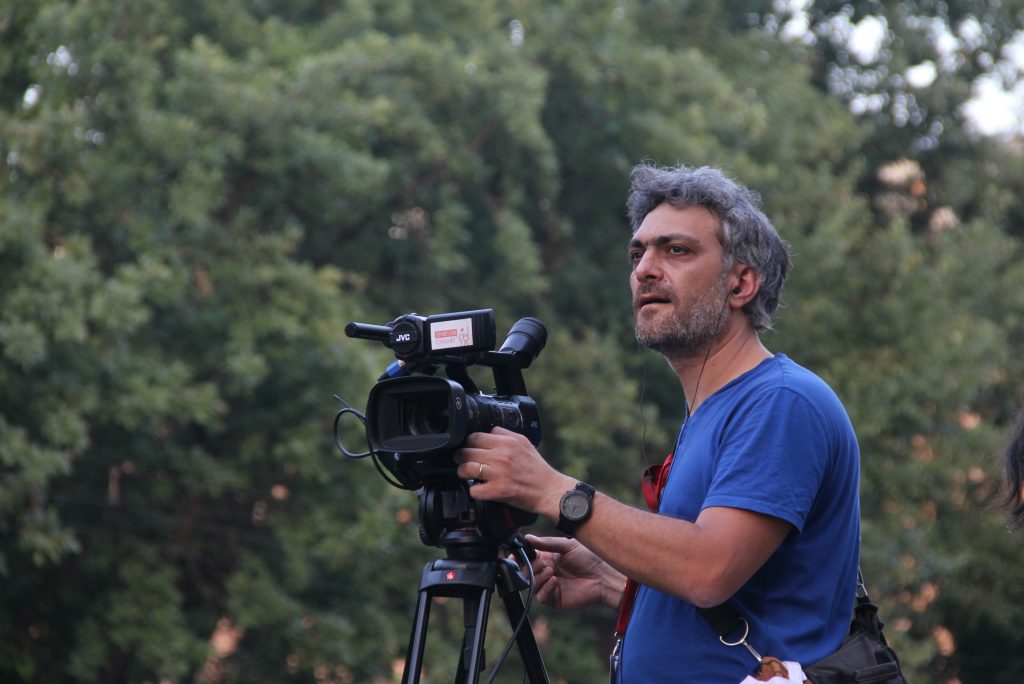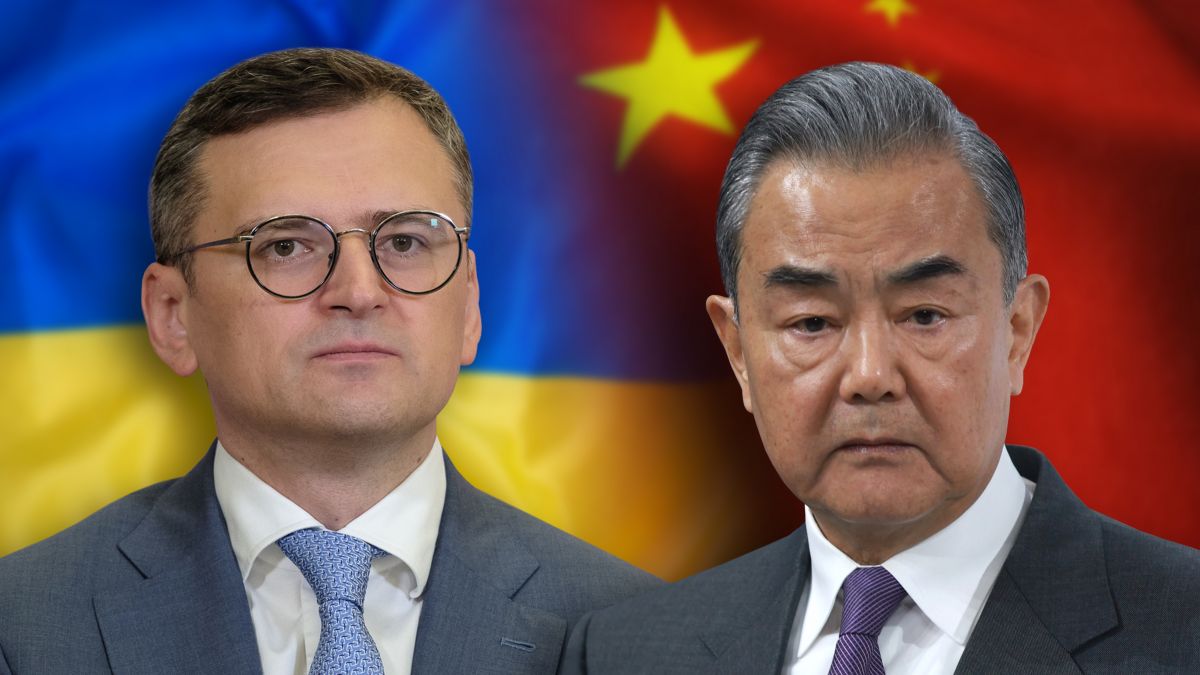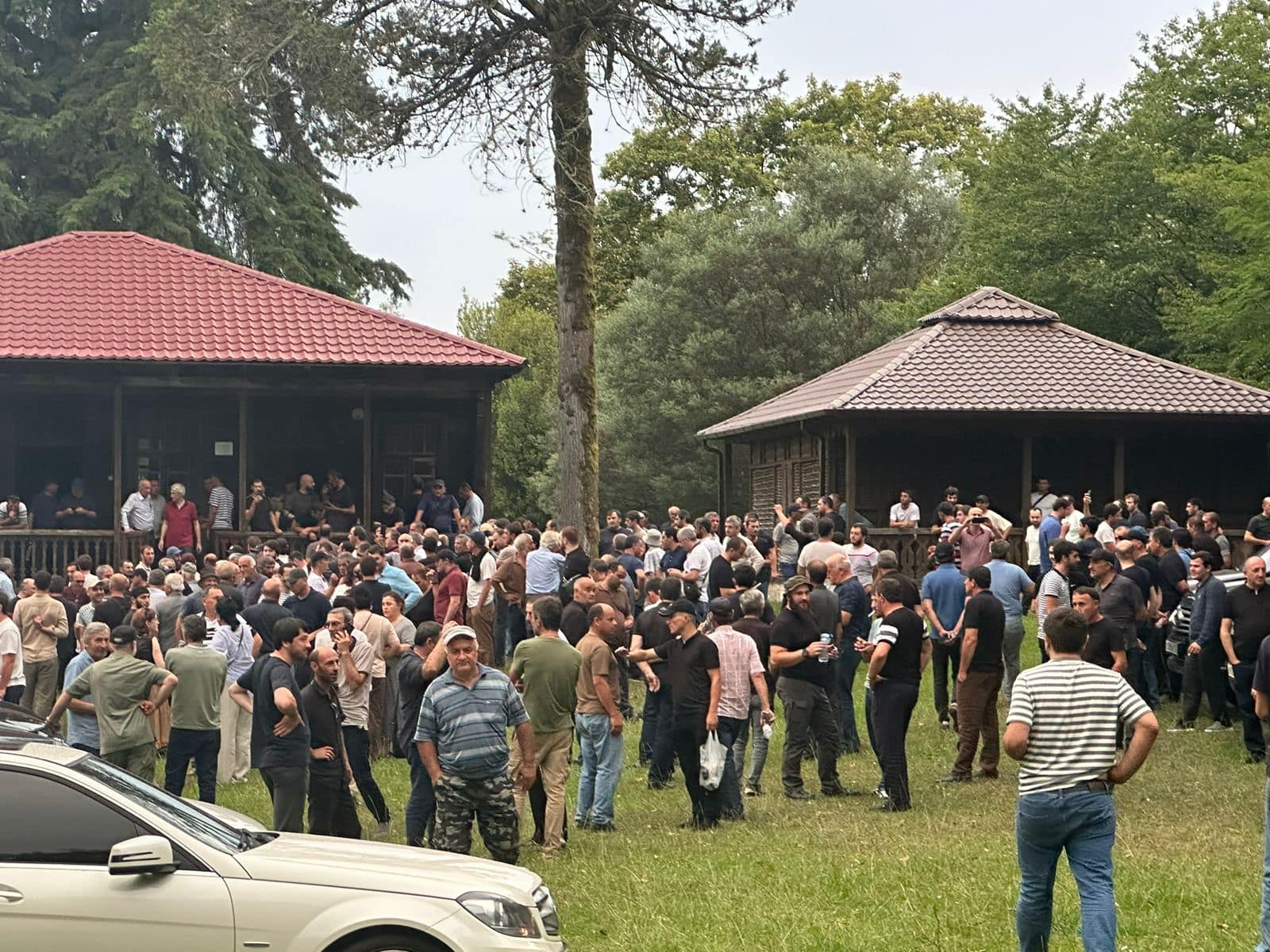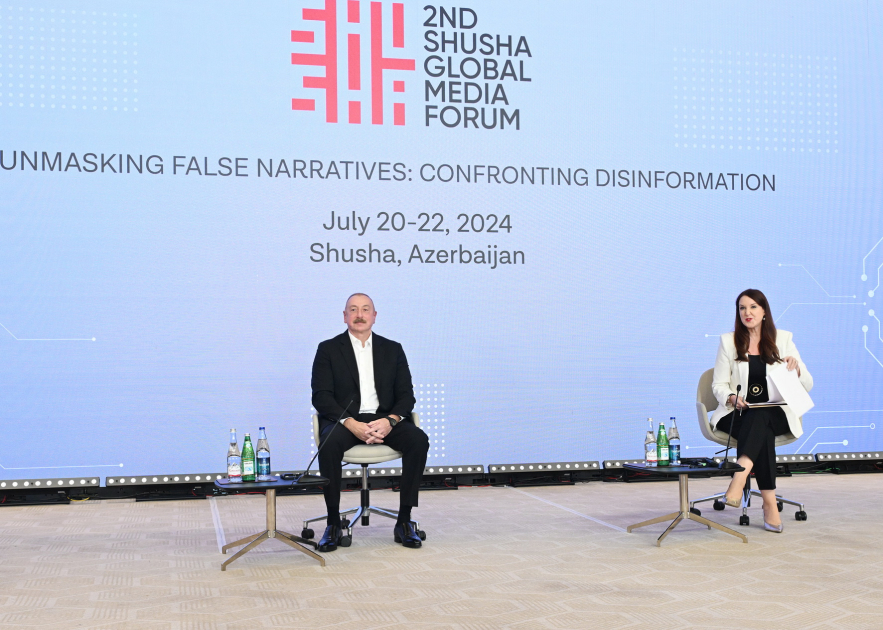Candidates Putin, Sobchak and their Georgian background
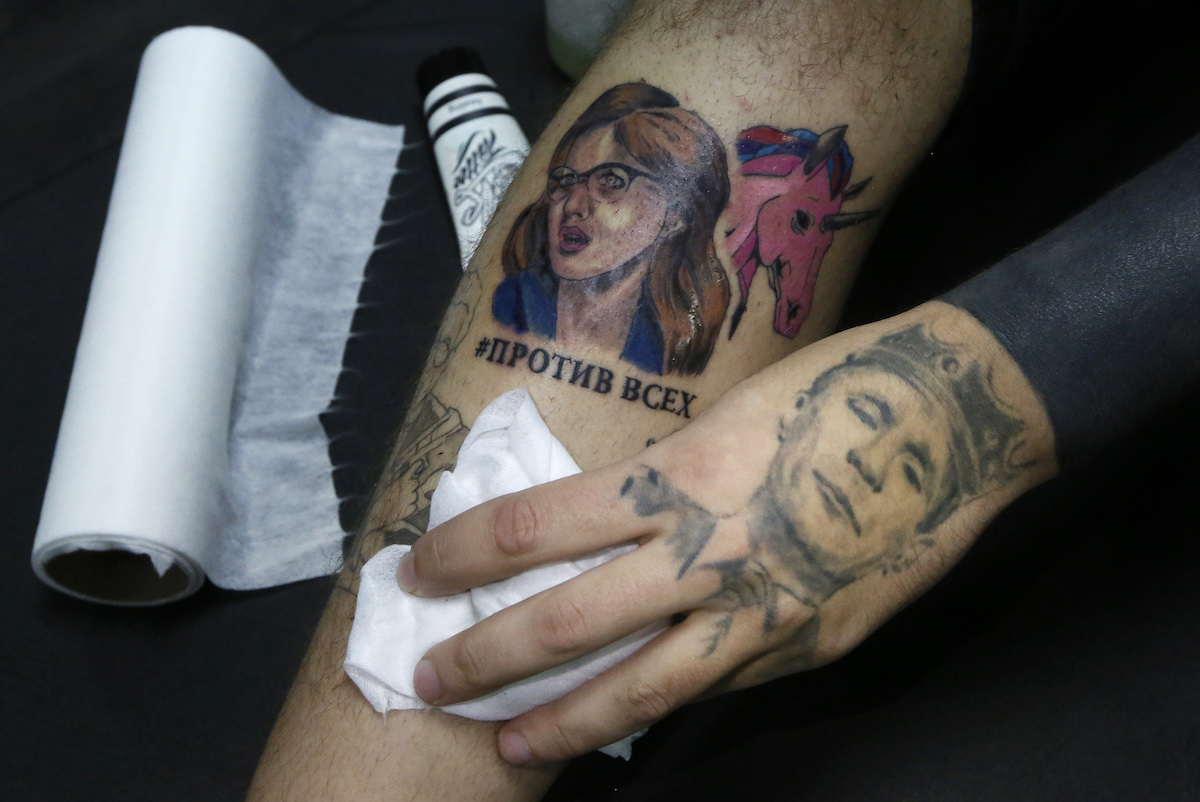
In March 2018, Russia is due to hold a presidential election. The best-known among the competitors is, of course, Vladimir Putin. The latest to have thrown down the gauntlet is Kseniya Sobchak.
While the two are very different, there’s one thing they have in common. Everything they have achieved in their lives, they owe it to what happened in Tbilisi on 9 April 1989. But for those tragic events, few would know their names today.
T
wo months after the 9 April events, Moscow hosted the First Congress of People`s Deputies, which was the closest the Soviet Union had ever come to having a democratically elected assembly. The Tbilisi incident dominated the discussion agenda. A special commission was set up to investigate the events, and Anatoly Sobchak, a little-known figure at the time, was appointed to lead it.
The investigation proved less than productive, as it failed to pinpoint those who were to blame for the deaths in Tbilisi. But it did serve as the launching pad for Anatoly Sobchak, who was elected mayor of Saint Petersburg soon afterward and went on to become an influential political figure in Russia in the 90s.
It was Anatoly Sobchak who opened the door into Russian politics for Vladimir Putin, his former student from the Leningrad University back in the 70s. With support from her father, Kseniya Sobchak became a TV-presenter, a career she would go on develop under Vladimir Putin’s protection.

Now the two are to vie for the Russian presidency.
That Georgia and Tbilisi played such an important role for both is, understandably, just a historic coincidence, nothing more. The events at Tbilisi’s Rustaveli Avenue only became the subject of heated discussions at the First Congress because they’d happened just before it was scheduled to be held.
But it is only natural that the revolts on the outskirts of the Soviet empire turned out to be such an important page in many post-Soviet careers. The Congress would have focused on the violence in Sumgait, had it convened a bit earlier, or the invasion into Baku or Vilnius, had it convened a bit later.
E
mpires do not die easily, the process can take decades and even centuries. The Soviet Union collapsed 26 years ago, but its influence is still being felt, primarily in people’s mentality. But also in the policies of its heir, the Russian Federation. That is why the name of the next Russian president does matter for Georgia, Azerbaijan and Armenia.
Rivalry between Vladimir Putin and Kseniya Sobchak is a fake, it is a friendly game indeed. Sobchak is a distraction meant to make voters forget the fact that Aleksey Navalny – the only true opponent to Putin – is likely to be banned from the presidential race.
The name of the winner is already known – Vladimir Putin. Which means that the Russian Federation has taken the same route the Soviet Union once took. It is not the name of the president that matters but the attitude towards basic democratic institutions, elections being the most important of them.
We already know where the route leads – to inner degradation, economic collapse and territorial breakup. Some mourn the perspective, others don’t. But putting emotions aside, the neighbors of Russia should be on the alert and prepared.










